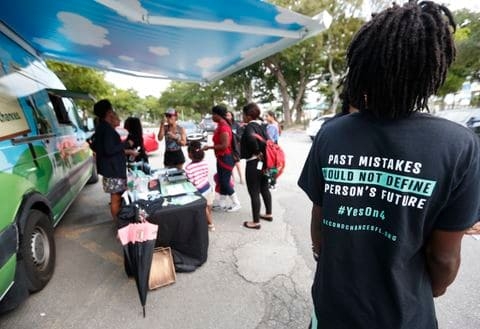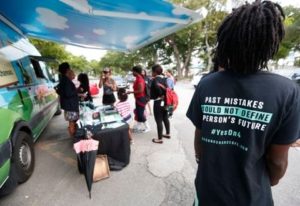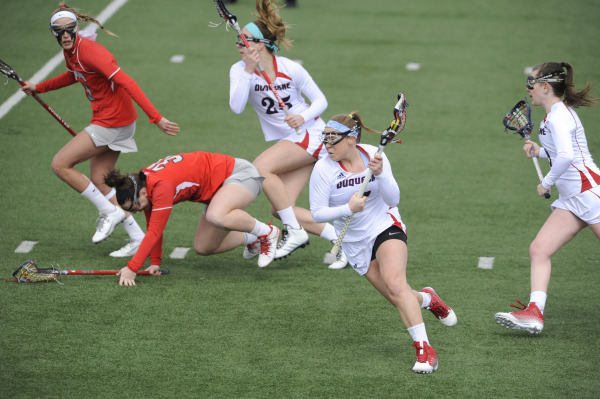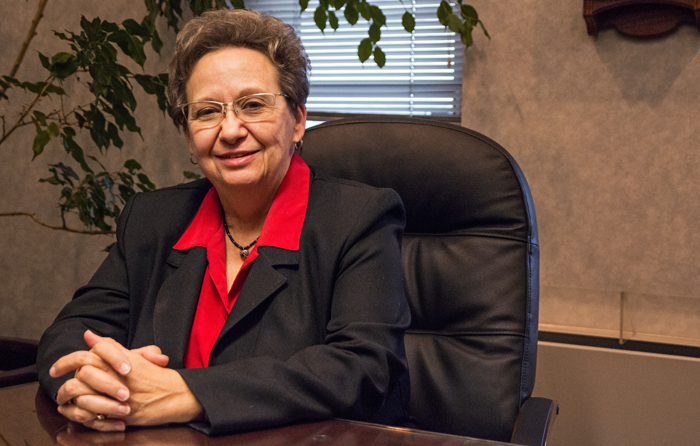

Florida voted in favor of Amendment Four, which would give felons back the right to vote, as long as their crimes were not related to murder or sexual violence.
11/08/2018
By Timothy Rush | Staff Writer
Voting is a staple of modern American democracy, one that is held sacrosanct among the American populace. As the midterm season wraps up, and many of us exercise our right to vote, there needs to be the acknowledgement of those who are still unable to vote in our democracy.
Across the U.S., there is a silenced group of citizens who are unable to vote in the very election touted as one of the most important of our time. The Sentencing Project, an organization for research and reform of the criminal justice system, estimates that 6.1 million people are barred from voting. This group has been brought to heel by the widespread use of felony disenfranchisement, the policy of removing the right to vote due to being convicted of a felony.
Excluding Maine and Vermont, all states of the U.S. employ felon disenfranchisement in some form. Including Pennsylvania, 14 states bar felons from voting while serving their sentence. Going further, four states bar into parole, and 18 bar until the end of prison time, parole and probation. We are left with 12 states that continue to withhold the right to vote after felons serve their sentence, meaning that even after they serve their time for their crime, they can be indefinitely barred from voting depending on the circumstance of that state. In Alabama, disenfranchisement is indefinite for those who have committed a felony that is of “moral turpitude,” while states like Florida required felons to petition to have their rights restored.
Now, this may not sound so bad; people who commit crimes get punished. That is the argument often used by those in favor of these laws, and while this argument works for states that limit disenfranchisement to prison or parole, it fails for states with indefinite disenfranchisement. Serving your sentence is meant to be the punishment for your crime, and after your sentence is done, you’re supposed to be free. But for many, that’s not true.
Of those affected by felony disenfranchisement, more than 50 percent have already served their sentence, paid their fines and gone through the parole and probation process, as reported by the Sentencing Project. Despite this they are kept from voting by these laws that say they’re not entitled to a right to vote, even if they’re reformed. And no, petition states do not help. Florida allowed felons to petition for their rights, and more than 10 percent of Florida’s population was barred from voting entirely, the highest in the country.
And yes, the fact that African Americans are also disproportionately convicted does mean that they are disproportionately affected by these policies. While we like to teach in our schools that African Americans won the right to vote and won the fight against Jim Crow, 21 percent of African Americans in Florida could not vote because of these laws. Kentucky manages to be worse, with 26 percent of the African American population being indefinitely disenfranchised, as reported by the Sentencing Project. And those are just the higher ones.
When you combine disproportionate conviction of minorities with felon disenfranchisement, we arrive right back where we started decades ago with minorities still being pushed out of the polling place and keeping American democracy segregated.
And again, you may be sitting there saying, “Well, they’re felons, they’re the worst of the worst.” But that’s not true. A felony can range anywhere from murder to copyright infringement. Drug use, depending on your state, is still classified as a felony, and yes, there are nonviolent drug users who only used marijuana but are still classified as felons and are still barred from voting by these archaic laws. For a good majority of these people, we’re not talking about violent criminals. We’re talking about people who got in trouble with the law and have served their time for it.
This issue is also not unknown to those in Washington. During the 2008 election, Barack Obama himself said that he supported restoring the rights of ex-offenders. His opponent, John McCain did not answer the questionnaire. And that makes sense. States that have high rates of felony disenfranchisement tend to be states that lean Republican. Overturning these laws would introduce a whole new voting population and potentially shake up elections that could lose the Republicans some states.
Thankfully, there is hope. In recent years, this matter has received more attention. In this year’s midterm’s elections, Florida had an amendment on the ballot to eliminate its petition-based system. Thankfully, it has been passed, reforming Florida’s system to where felons are enfranchised upon serving their sentence, with the exception of crimes such as murder and child molestation. Steps have been taken in several states to loosen the restrictions under pressure from civil rights groups.
But the fight cannot end at the ballot box. Get informed about your representatives’ views on the stance and vote accordingly, but we must also carry on the fight for equal rights every year. Get involved with organizations fighting to end felon disenfranchisement, such as the Sentencing Project. Talk about this issue with friends and neighbors. Make sure this issue does not fade from public consciousness.
It is our responsibility as citizens to ensure that we live in a country that ensures life, liberty and the pursuit of happiness. Felon disenfranchisement has deprived millions of people of their liberty, silencing them in perpetuity. Its existence is our failure to ensure the liberty of our fellow people, and thus it is our responsibility to bring it down.




